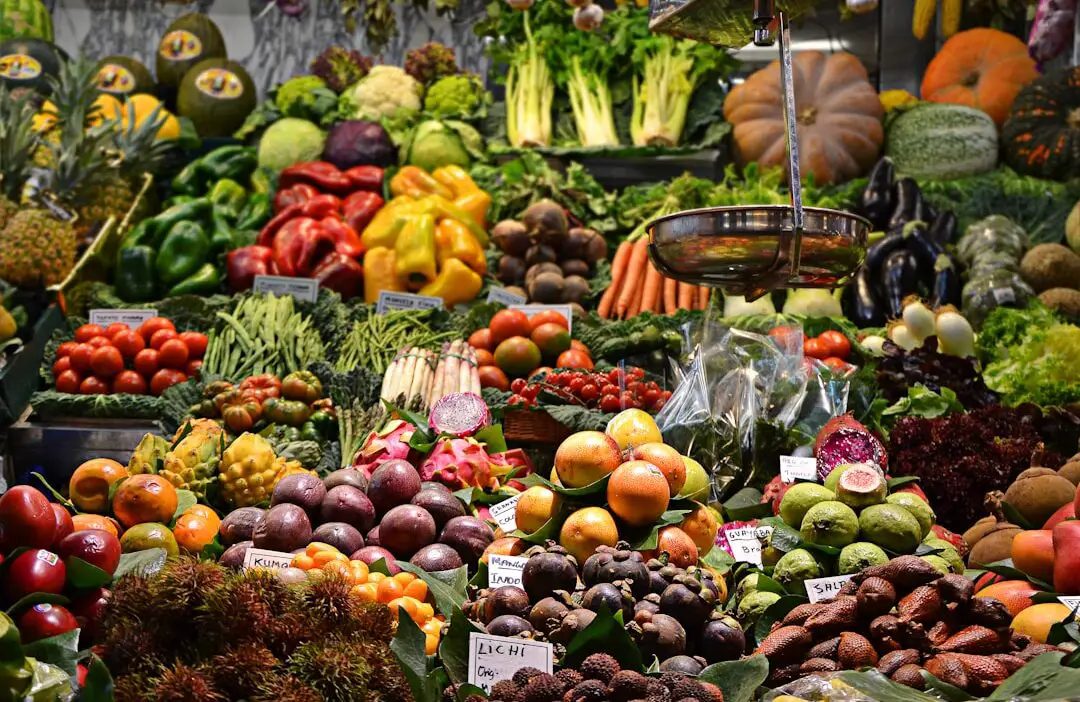Young Investors on Edge as Tariff Threats Loom Large
Global markets are experiencing a period of heightened volatility as whispers of impending tariff announcements continue to circulate. For young investors just starting to navigate the complexities of the financial world, this uncertainty can feel particularly daunting. The potential for new tariffs, essentially taxes on imported goods, has the power to disrupt international trade, impacting everything from the price of electronics to the availability of certain foods. This makes it crucial for young people interested in finance and economics to understand the potential implications.
The current unease stems from ongoing trade disputes between major global economies. While specific details remain scarce, the mere possibility of new tariffs being imposed has already sent ripples through various sectors. Companies that rely heavily on international supply chains are bracing for potential cost increases, which could be passed on to consumers in the form of higher prices. Certain industries, like manufacturing and agriculture, are particularly vulnerable to trade disruptions and are therefore being closely watched by analysts. This uncertainty makes long-term financial planning more challenging, as businesses struggle to predict future costs and consumer demand. The ripple effect can touch everything from stock market performance to employment figures.
The current climate underscores the importance of diversification in any investment portfolio. For young investors, this means spreading your investments across different asset classes, industries, and geographic regions to mitigate risk. It’s also a good time to focus on building a strong financial foundation by prioritizing saving and budgeting. Staying informed about global economic developments is key to navigating these uncertain times. By understanding the potential impact of tariffs and other trade policies, young investors can make more informed decisions and better protect their financial future. Ultimately, while the prospect of tariffs creates uncertainty, it also presents an opportunity to learn and adapt to the ever-evolving dynamics of the global economy.



